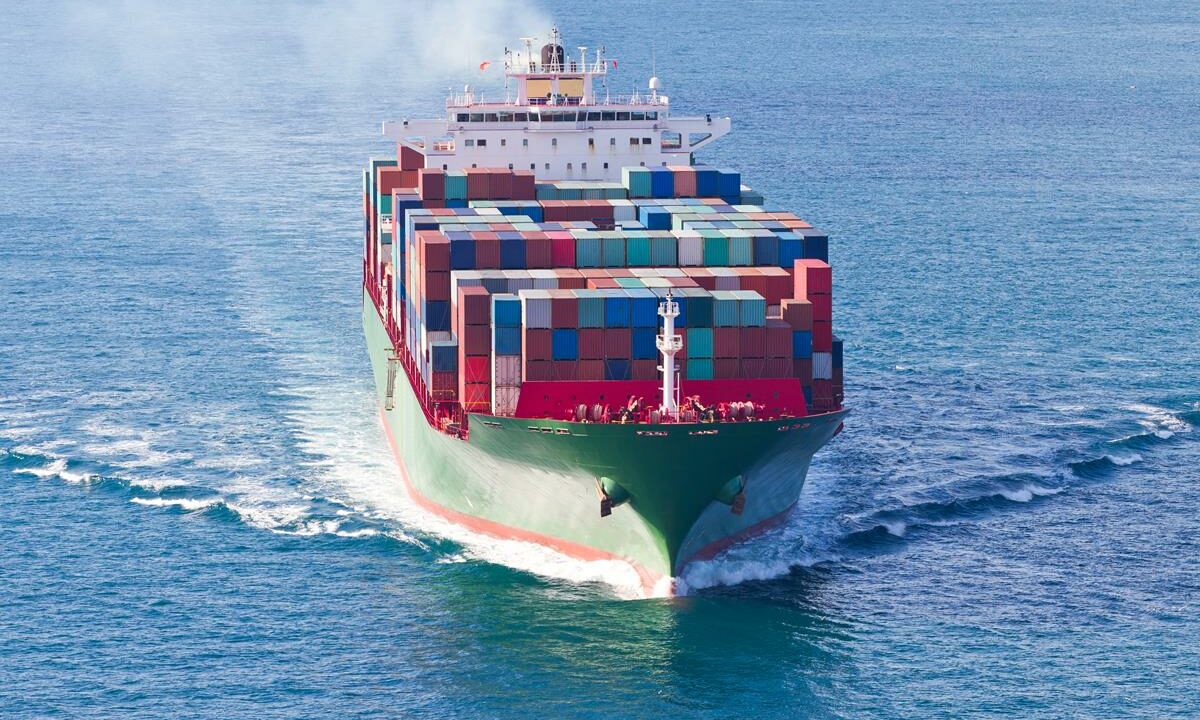Dairies in the European Union (EU) are being called on to stop exporting to Russia and, instead, send their products to Ukraine as emergency relief.
The call comes from the European Milk Board, which has strongly condemned Russia’s attack on Ukraine.
In a statement, the milk board said it wants an immediate end to the war in Ukraine and pledged the support of farmers from the EU from those impacted by the invasion.
“We strongly condemn the attack against the territorial sovereignty and people of Ukraine. Farmers stand with all those, in all countries, who are suffering from this war,” it said.
“We urge dairies in the EU to stop their exports to Russia and to send their products to Ukraine as emergency relief.”
The milk board said it is also urging the EU itself to make use of its position and stop exports to Russia.
How can we help?
Offering advice on the ways we, the general public, can help the Ukrainian people, the milk board said in its statement:
“In addition to participating in demonstrations calling for an end to the war – held in various countries – donating medicine, food and essential goods is also possible.
“We encourage you to donate to credible organisations in your different countries.”
Meeting of agricultural ministers
Meanwhile, agriculture ministers in Europe held an extraordinary meeting via video conference this week to discuss the risk of significant pressures facing the agriculture and agri-food sectors in the wake of the Ukraine invasion.
They discussed the potentially significant impact of the current crisis on the market situation for agricultural products, as well as on access to agricultural raw materials and inputs.
Following the meeting, EU commissioner for agriculture, Janusz Wojciechowski, expressed his intention to:
- Activate crisis-monitoring tools, in particular the European food-security crisis preparedness and response mechanism set up by the Commission, and the high-level working group on the pigmeat sector announced at the Council meeting in February;
- Consider introducing exceptional measures under the Common Market Organisation (CMO) regulation aimed at the sectors most affected by the rise in input costs;
- Consider adopting measures aimed at securing and freeing up Europe’s production capacity in 2022, such as using fallow land for protein crops.
These measures will be discussed by the Special Committee on Agriculture as well as at the next Agriculture and Fisheries Council on March 21.
A number of member states also called for a more long-term strategy and set of tools to be put in place as soon as possible with a view to improving the EU’s resilience and food sovereignty, and for food sovereignty to be incorporated into the EU’s agricultural policy.
